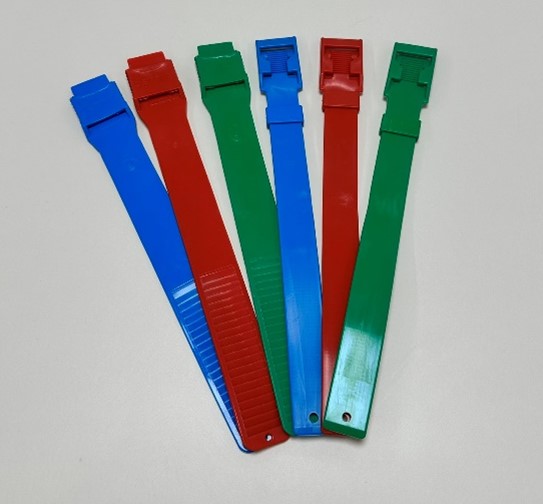Аналитики Bloomberg сообщили о «крахе» платежной системы «Мир»
In six of the nine countries in which the Russian payment system Mir operated, banks refused to support it amid the threat of sanctions from the United States. Bloomberg analysts considered the current situation a "collapse" and a failure of Russia's attempts to create its own alternative to Visa and Mastercard in the context of "financial isolation".
In particular, Bloomberg interlocutors indicated that the Bank of Russia was surprised by the refusal of friendly states to cooperate with Mir. Currently, according to the agency, the Central Bank is looking for another alternative to this system.
“Concerns about secondary sanctions outweigh interest in fee income,” Viktor Dostov, president of the Russian Association of Electronic Money Market Participants and Money Transfers, explained the situation. According to him, under the current circumstances, Russians are forced to use "partial solutions" abroad, since both Mir and foreign payment systems have become inaccessible to them.
The Ambassador of Kyrgyzstan considered temporary and technical problems with Mir cards
In mid-September, the US Treasury threatened foreign banks with sanctions for cooperation with the Russian payment system Mir. Since then, many credit institutions in several countries at once, including the CIS states, have stopped accepting these cards. Turkish private banks Isbank and Denizbank were the first to stop accepting after the announcement of the US Treasury Department, then the same decision was made by Kazakhstani Halyk Bank, Vietnamese BIDV, as well as the Uzbek payment system UZCARD, in whose network Mir cards also worked.
Later, at the end of September, The Wall Street Journal, citing sources, reported that the United States could impose sanctions against the entire Mir payment system. This will mean that all financial institutions that continue to work with Russian cards will be directly under the threat of restrictions.
Previously, the Mir card could be used in addition to Russia in 11 countries - Turkey, Vietnam, Armenia, South Korea, Uzbekistan, Belarus, Kazakhstan, Kyrgyzstan, Tajikistan, South Ossetia and Abkhazia. After the statement of the US Treasury, their list disappeared from the website of the payment system.
Read on RBC Pro Top 5 most attractive jurisdictions for starting a business in 2023 Why is it so difficult to wake up in autumn and how to help yourself Mid-life crisis: why is it needed and how to survive it Coffee or tea:which drink is healthierThe first Mir cards were issued in 2015. Their operator NSPK was created in 2014, after sanctions due to the annexation of Crimea by Russia in case of disconnection of cards of international payment systems. Subsequently, they became mandatory for the transfer of salaries to state employees, as well as for receiving pensions and benefits. According to the Central Bank, at the end of 2021, 113.6 million Mir cards were issued. They account for 25.7% of all card transactions in Russia and 32.5% of new card issuance.





























































